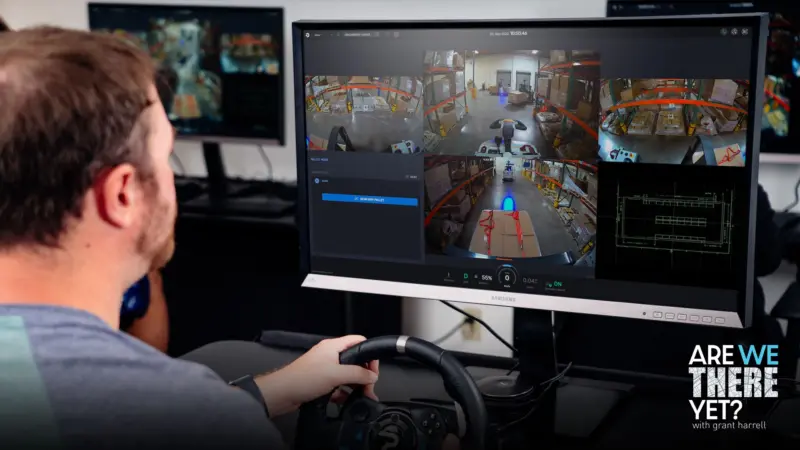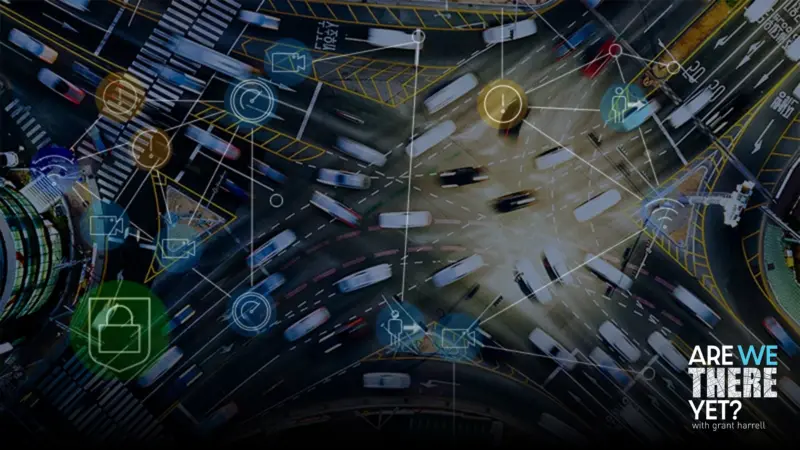Fuel in Orbit: The Cost and Use of Fuel in Space
Rising gas prices aren’t just high down here. Literally and astronomically, they are high way up there too.
In a new episode of the podcast “Are We There Yet?” host Grant Harrell talked about the rise of high gas prices, gas in space, and the introduction of gas stations in orbit with Daniel Faber, CEO of Orbit Fab — a space refueling company. In recent months gas stations across the nation are seeing some of the highest gas price records. And apparently, the cost of gas doesn’t seem to change outside of earth either.
“It’s pretty expensive up there, and the major cost is launching it and getting it off the ground,” said Faber.
Faber said that gasses such as hydrazine and xenon, are quite pricey. He also said that there comes the additional work of getting gas to space that adds to expenses — not solely just the cost of the gas itself.
“Things are expensive, but launch is expensive, getting things to space is expensive. It shows you how valuable it is to have that perspective from orbit that we do anything in space at all,” said Faber.
The typical cost for one kilogram of gas for space is $1 million. But he said that the cost can be reduced to just a couple thousand a kilogram with the right infrastructure and gas caps in place.
Using all of this expensive gas in space are satellites, which help monitor exactly what goes on in outer space and on Earth. These satellites need fuel to function and orbit. However, Faber stated that “the goal is to not move your satellite at all.” But his company is trying to change that.

Gas stations in space are also a growing concept that’s evidently coming to life. Faber said a station his company placed in space is coming on celebrating its first anniversary.
“We are almost there. We put in our first fuel depot almost 12 months ago now, so it’s been operating for 12 months,” he said. “Our architecture involves fuel depots, just big tanks of fuel, and fuel shuttles, to move the fuel from the depot to an operational satellite.”
Faber said that give or take a few years, the first commercial fuel delivery will be made in space.
Orbit Fab was one of the first companies to receive major investments. And there is no shortage of companies in this very niche market, as there’s been massive growth, added Faber.
“When we started our business, there were eight or nine companies working on satellite service, now there are more than 110 companies on this and that’s just in just four years,” he said.
Faber said that the future of gas in space relies on efficiency in infrastructure, fuel costs, and a gas cap. He said the gas cap goes hand in hand with creating and developing a successful industry.
“You won’t get a bustling space economy without fuel, and to do that you need a gas cap. So that’s where we started on day one,” said Faber.



